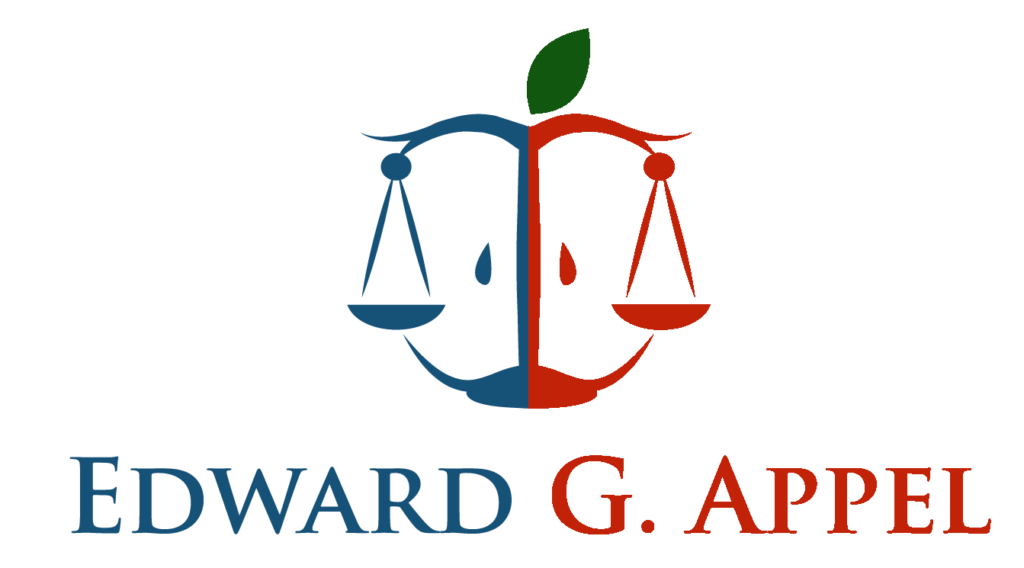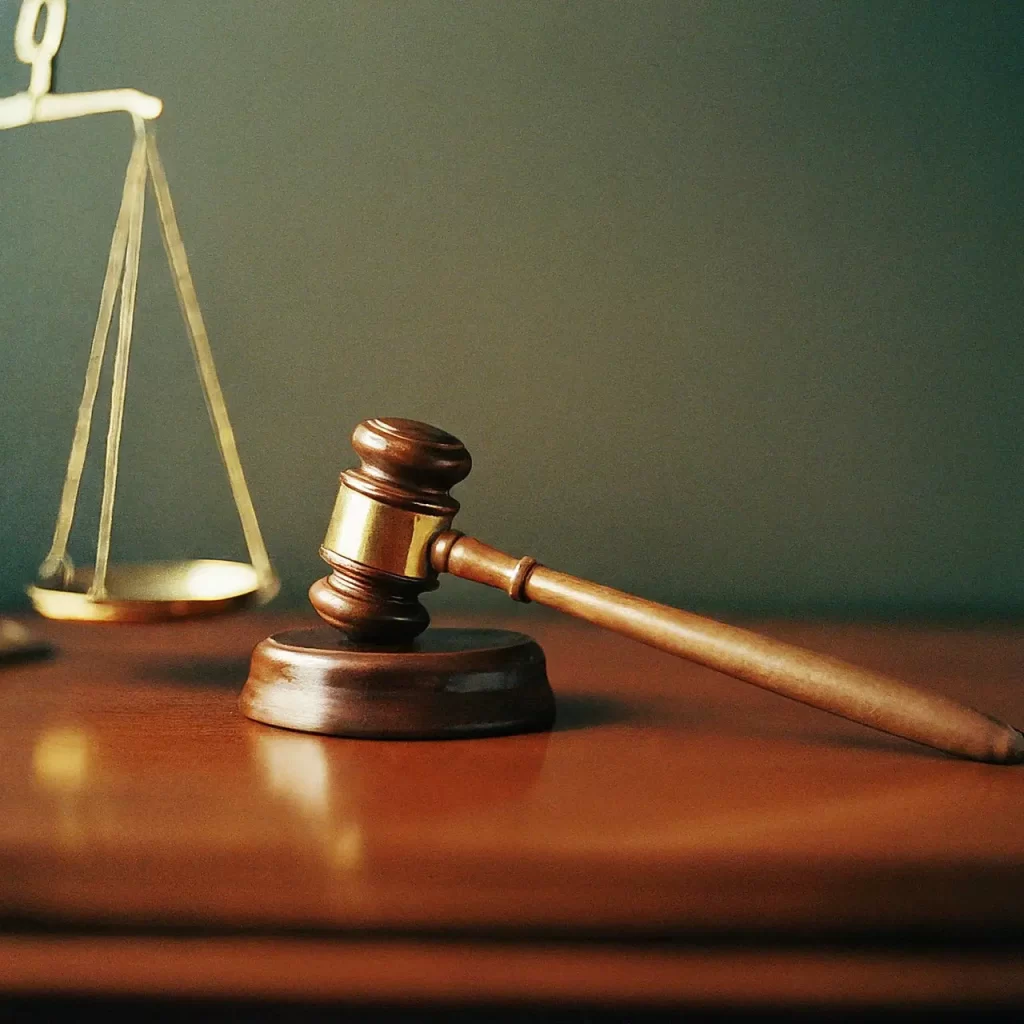When it comes to navigating the complex waters of DUI cases, understanding the intricacies of criminal defense strategy can make the difference between a conviction and an acquittal. This comprehensive guide delves into the crucial tactics and nuances of defending against DUI charges, offering a lifeline for those seeking to understand the best approach for these challenging situations.
The Fundamentals of Criminal Defense in DUI Cases
The cornerstone of any DUI defense lies in understanding the legal framework and identifying vulnerabilities within the prosecution’s case. An effective criminal defense strategy often starts with a thorough investigation of the arrest circumstances, including the legality of the traffic stop, the administration of field sobriety tests, and the calibration and accuracy of breathalyzer tests. These initial steps lay the groundwork for building a defense that challenges the prosecution’s assumptions and evidence.
In the context of DUI charges, the defense attorney’s role extends beyond the courtroom. It involves a proactive approach to gather evidence, including security footage, witness statements, and expert testimony regarding the accused’s impairment level. Each piece of evidence serves as a building block in crafting a defense that meticulously questions the veracity and integrity of the prosecution’s case.
Assessing the Strength of the Prosecution’s Case
A critical component of the defense strategy involves a detailed analysis of the prosecution’s evidence. Skilled defense attorneys scrutinize every aspect, from the arresting officer’s report to the breathalyzer test results, looking for inconsistencies or procedural errors. Understanding the technicalities of blood alcohol content testing methods and identifying any discrepancies can significantly weaken the prosecution’s case, creating avenues for defense.
Key Strategies for Challenging DUI Evidence
Challenging DUI evidence requires a combination of legal expertise and scientific knowledge. Defense lawyers often question the accuracy of breathalyzer devices, pointing out factors that can affect the results, such as calibration issues or the presence of certain medical conditions in the defendant. Additionally, the proper administration of field sobriety tests and the officer’s training and experience in conducting these tests are common areas of contention.
Moreover, the timing and procedures followed during blood sample collection can be critical in DUI cases. Defense strategies may include questioning the chain of custody of the blood sample and the laboratory’s adherence to standardized testing processes. These arguments are geared towards exposing potential flaws in the evidence presented by the prosecution.
The Role of Expert Witnesses in DUI Defense
The utilization of expert witnesses in DUI defenses plays a pivotal role in elucidating complex technical evidence and providing alternative interpretations that can sway the case. Forensic toxicologists, for instance, can offer insights into how medical conditions or diet might influence blood alcohol levels, potentially explaining the defendant’s test results without attributing them to alcohol consumption.
Negotiation Tactics for Plea Bargains in DUI Cases
While aggressively challenging the evidence is a fundamental aspect of DUI defense, savvy negotiation tactics for plea bargains also hold considerable weight. Seasoned defense attorneys assess the strength of the case to leverage favorable terms for their clients, often engaging in discussions with prosecutors to reduce charges or penalties. This pragmatic approach hinges on a detailed understanding of local DUI laws and norms, allowing for informed and strategic bargaining.
The Impact of DUI Laws on Defense Strategy
The defense strategy in DUI cases is significantly shaped by the specific statutes and precedents of the jurisdiction where the case is tried. Attorneys must stay abreast of legislative changes and understand how local statutes might influence case outcomes. Familiarity with case law and judicial attitudes towards DUI offenses enables defense lawyers to tailor their strategies effectively, ensuring that their defenses are both compliant and compelling. This keen legal insight is crucial for maneuvering through the complexities of DUI defense successfully.
Mastering the Defense: A Closer Look at DUI Strategies
Navigating DUI cases requires more than just a superficial understanding of the law; it requires a deep dive into the myriad strategies that can be employed to protect the accused. As we’ve explored, the key elements—meticulously assessing the prosecution’s evidence, challenging DUI evidence with precision, leveraging expert witnesses, negotiating tactfully for plea bargains, and understanding the impact of DUI laws—form the backbone of an effective criminal defense strategy. It’s this comprehensive approach that can turn the tide in favor of justice, ensuring every individual’s right to a fair defense is upheld.


